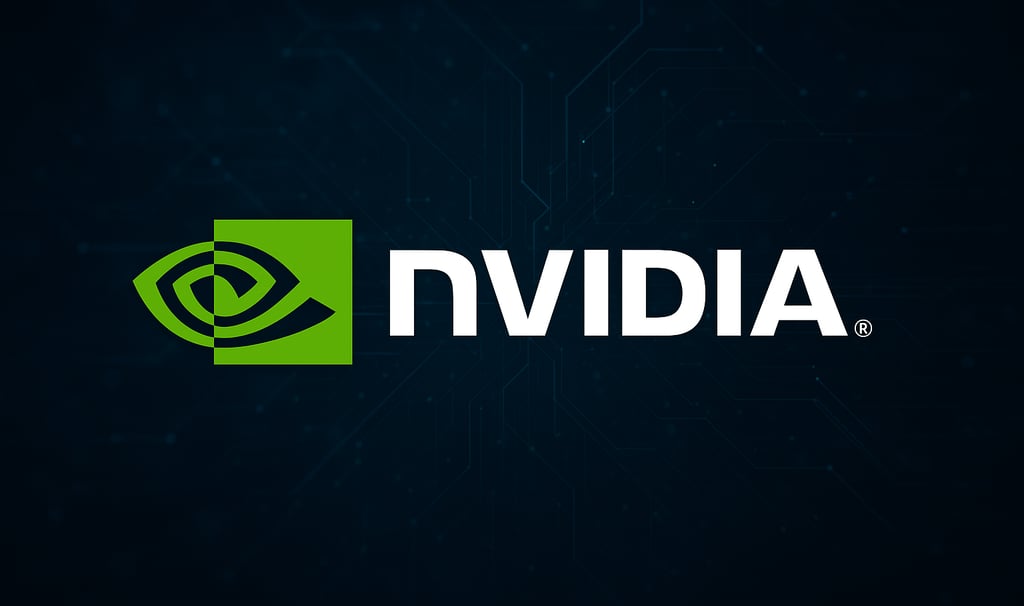Nvidia’s Blackwell Chip Export to China Could Threaten U.S. AI Leadership — Analysts Warn of Global Tech Shift
Nvidia’s plan to export Blackwell chip to China may weaken U.S. AI dominance. Experts warn this move could reshape global technology power dynamics.
Raja Awais Ali
10/29/20252 min read


Nvidia’s Blackwell Chip Export to China Could Severely Undermine U.S. AI Dominance
U.S. officials and technology experts have expressed deep concern over reports suggesting that Nvidia Corporation may export a modified version of its advanced Blackwell AI chip to China. Analysts warn that even a downgraded version of this chip, known as the B30A, could dramatically reduce America’s artificial intelligence (AI) advantage and bolster China’s growing AI capabilities. Nvidia, the world’s most valuable chipmaker, has been at the forefront of the AI revolution, powering cutting-edge data centers and generative AI models used by global tech firms.
Industry insiders believe that if China gains access to the Blackwell series, it could narrow the U.S. AI performance gap from around 30 times faster to as low as four times, a shift that could reshape global technological power dynamics. The U.S. government has long imposed export restrictions on high-end AI chips to China, citing national security and military risks. However, any loophole that allows the sale of even a limited version could erode America’s competitive edge.
President Donald Trump commented on the issue, saying he plans to discuss Nvidia’s “Super Duper Chip” with Chinese President Xi Jinping in an upcoming diplomatic meeting.
“We will not let our advanced technology fall into the hands of those who may use it against us,” Trump declared during a White House press briefing, emphasizing that protecting U.S. AI leadership remains a top national priority.
Meanwhile, Nvidia’s CEO Jensen Huang defended the company’s position, stating that restricting access to the Chinese market could harm Nvidia’s global competitiveness. He added that the company continues to fully comply with U.S. export controls and has not yet submitted an official request for export approval of the Blackwell chip to China. “Innovation must balance both business and security concerns,” Huang said.
According to the U.S. Department of Commerce, export bans introduced in 2022 remain in place to prevent Beijing from leveraging advanced AI technology for military and surveillance purposes. Analysts argue that allowing the sale of even a downgraded AI chip could accelerate China’s progress in quantum computing, data analytics, and defense AI systems — posing strategic risks to Washington’s technological supremacy.
Experts note that this situation is not merely a commercial issue but a geopolitical challenge that could define the future of global AI power. The Blackwell chip, with its unmatched processing speed and efficiency, is considered the backbone of next-generation AI infrastructure. If China secures access to it, the U.S. may find itself losing ground in both innovation and strategic influence.
In conclusion, the ongoing debate around Nvidia’s Blackwell chip underscores the delicate balance between business expansion and national security. As Washington weighs its next move, one thing is clear: protecting America’s AI dominance will require vigilance, coordination, and decisive action in the face of growing global competition.
Stay informed with the latest national and international news.
© 2025. All rights reserved.